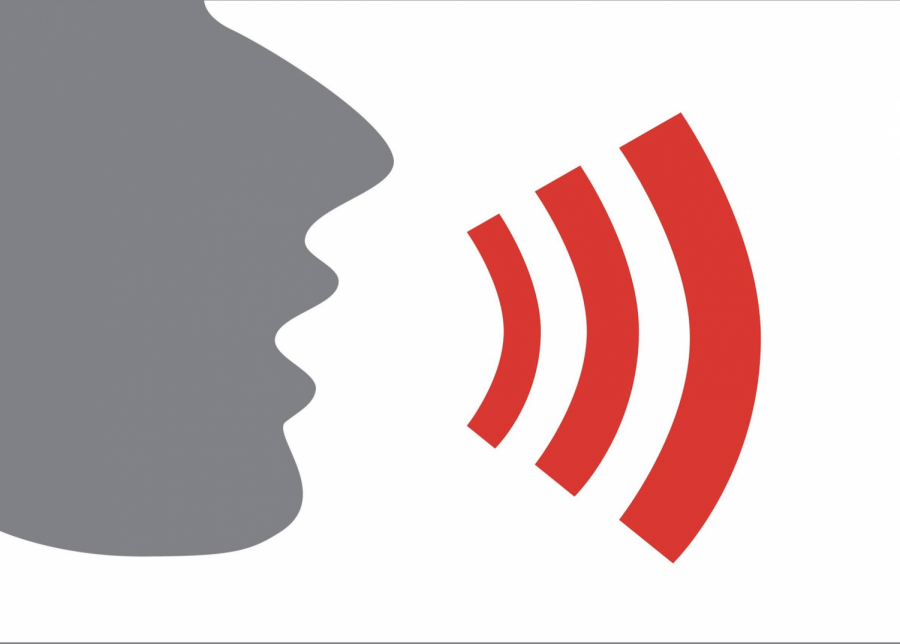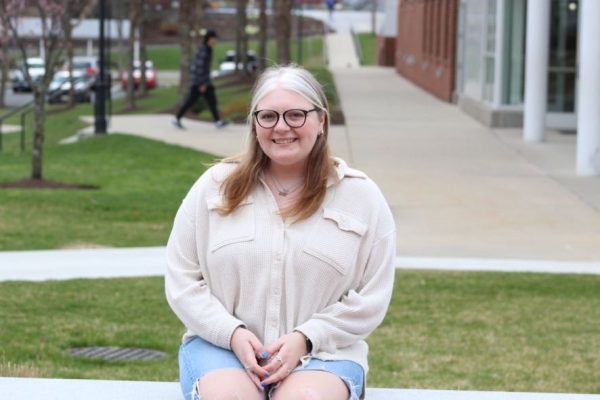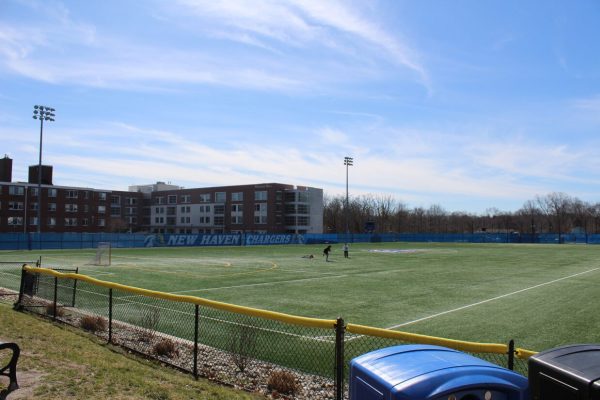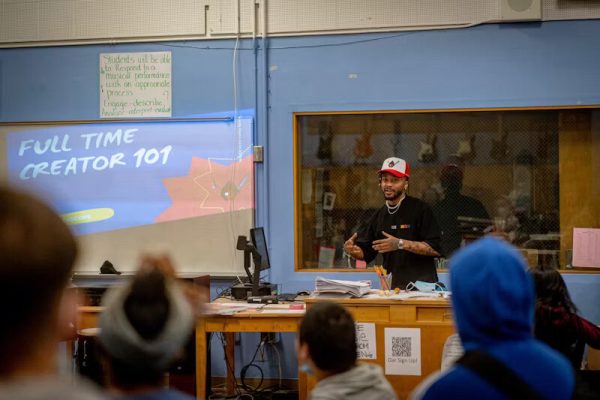Should students be punished for things that they do or say outside of the university?
In 2020, a University of New Haven alumna made controversial comments about the Black Lives Matter movement via Instagram direct message in the midst of the protests against police. The university suspended her acceptance into the university’s graduate program as well as her athletic eligibility and prohibited her from participating in the online and in-person class of 2020 commencement ceremonies.
In a similar incident on Jan. 6, at least one University of New Haven student was seen at the Washington, D.C. insurrection. The student posted photos of the interior of a gun store and two photos of the exterior of the Capitol to his Snapchat account, one of which contained wooden gallows. After the events, university president Stephen Kaplan sent an email saying that the Dean of Students Office and law enforcement were investigating.
Such events bring forth conversations regarding where university jurisdiction lies in addressing student conduct not occurring on University property. The most apparent and insignificant contention is that students represent the university as an institution. Yet, frankly, the topic should not be arguable unless the conduct is specifically criminally or racially charged, as was the case of the New Haven students.
In the 1965 Tinker v. Des Moines case, a group of students in Des Moines, IA called a meeting to organize a public demonstration of their support for the Vietnam War truce. The students agreed to wear black armbands and to fast on Dec. 16 and 31. The Des Moines school principals heard of the proposal and gathered on Dec. 14, deciding to suspend any student that was wearing an armband.
The Supreme Court sided with the students, deciding that the armbands constituted “pure expression,” which is different from the acts or attitudes of those engaging in it and ruling that schools can limit students’ First Amendment right to freedom of speech only if it interferes with school operations, not on the suspicion of interference.
However, the line between on- and off-campus speech remains unclear. Like the University of New Haven’s alumna and current student, this is mainly attributed to how students use social media to express their opinions, disseminate news and harass their peers.
Currently, holding students accountable for things that they do or say off a university campus is a debatable topic in the U.S Supreme Court – it wasn’t until this year that they agreed to hear the case of a high school student who was suspended for using the F-word online. In the U.S. Court of Appeals for the Third Circuit in Philadelphia, the student sued the school board and won. The court ruled that public schools should not arrest pupils for speaking outside of school premises because of the First Amendment.
Students have First Amendment rights that should not be infringed upon. However, if a student says or does something that is considered threatening and has the intrepidity to share it online for the world – and the university – to see, the student should be held accountable for their actions.

Amanda is a senior majoring in communication with a concentration in journalism, and a double minor in political science and English. She has been involved...








